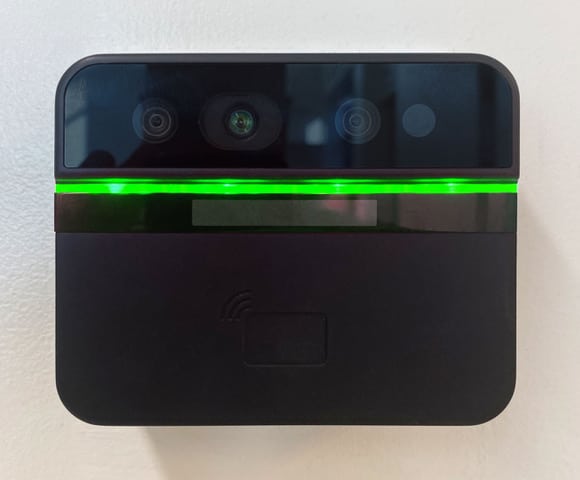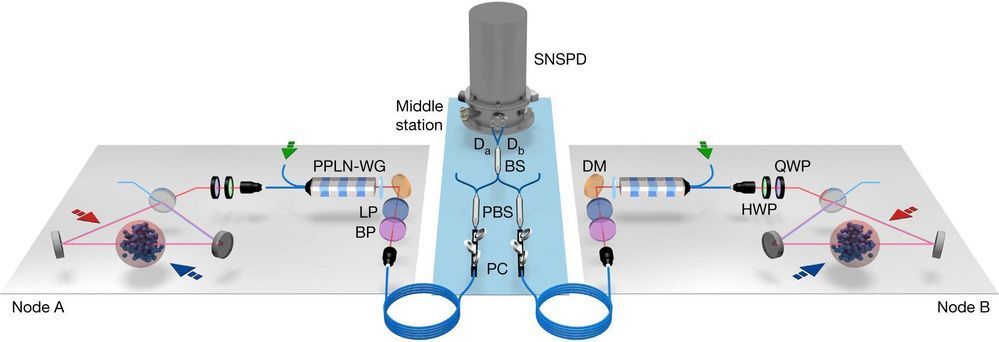Martin Luther King Jr. Community Hospital in Los Angeles is using biometric facial recognition technology from Alcatraz AI to replace or augment badges for physical security and access control, the company has revealed to Biometric Update.
The Alcatraz AI 3D Rock Facial Authentication Platform was integrated with MLKCH’s access control system to strengthen identity verification procedures for its 70 security department employees. The hospital, which employs more than 2,000 people, considered biometric card reader options, and selected Alcatraz Rock to secure access to its security center.
“The security department was a natural place to start with coverage from the Alcatraz Rock and facial recognition access control,” says MLKCH Director of Support Services Mark Reed in a case study by Alcatraz 3D. “Our security department obviously has a huge role in maintaining a safe and secure hospital environment for patients, staff, and guests and therefore houses important employees and information. Controlling access to this security area is key and we wanted to ensure that only those individuals that are supposed to be coming and going are the ones that are actually coming and going. What better way is there to verify identity than with facial recognition?”







